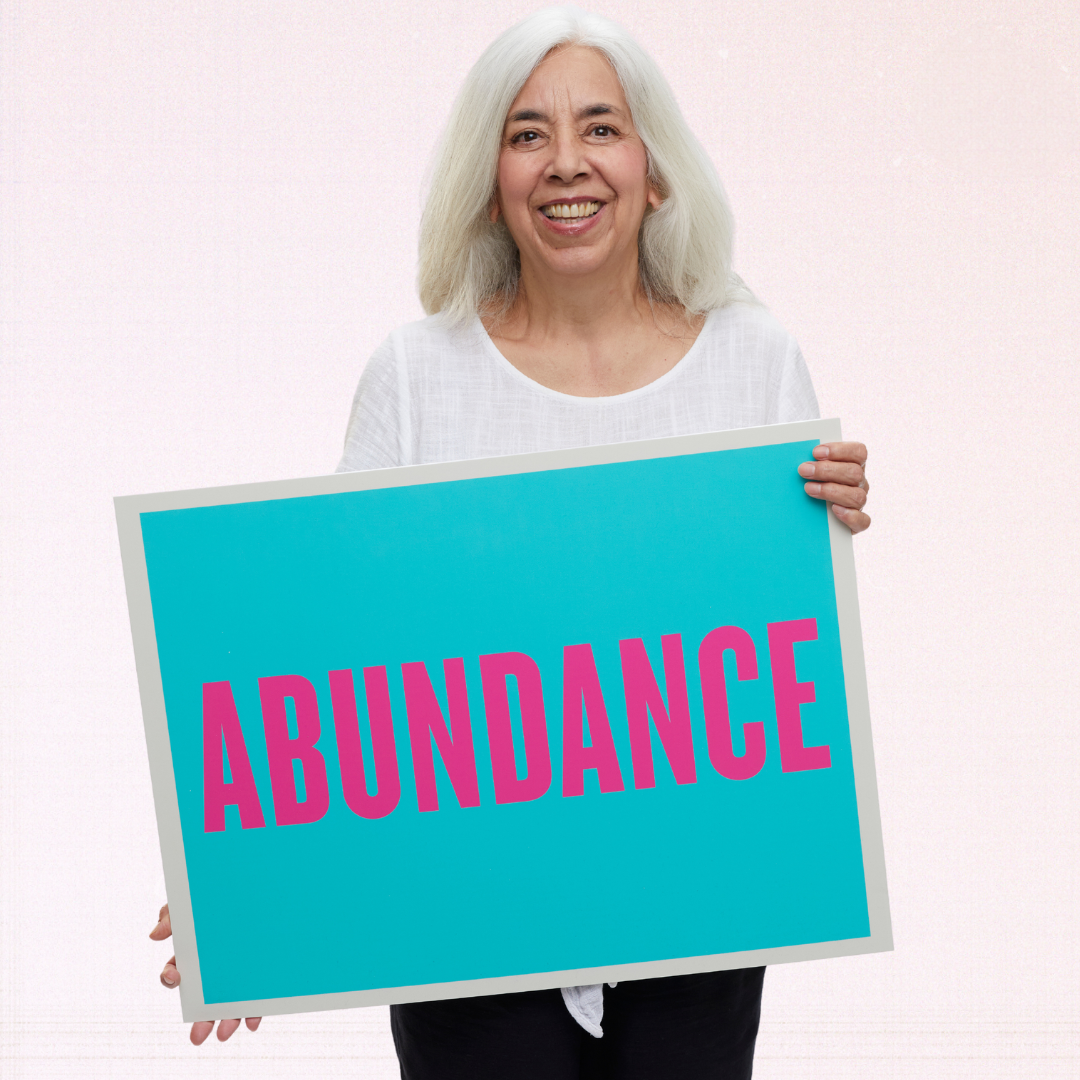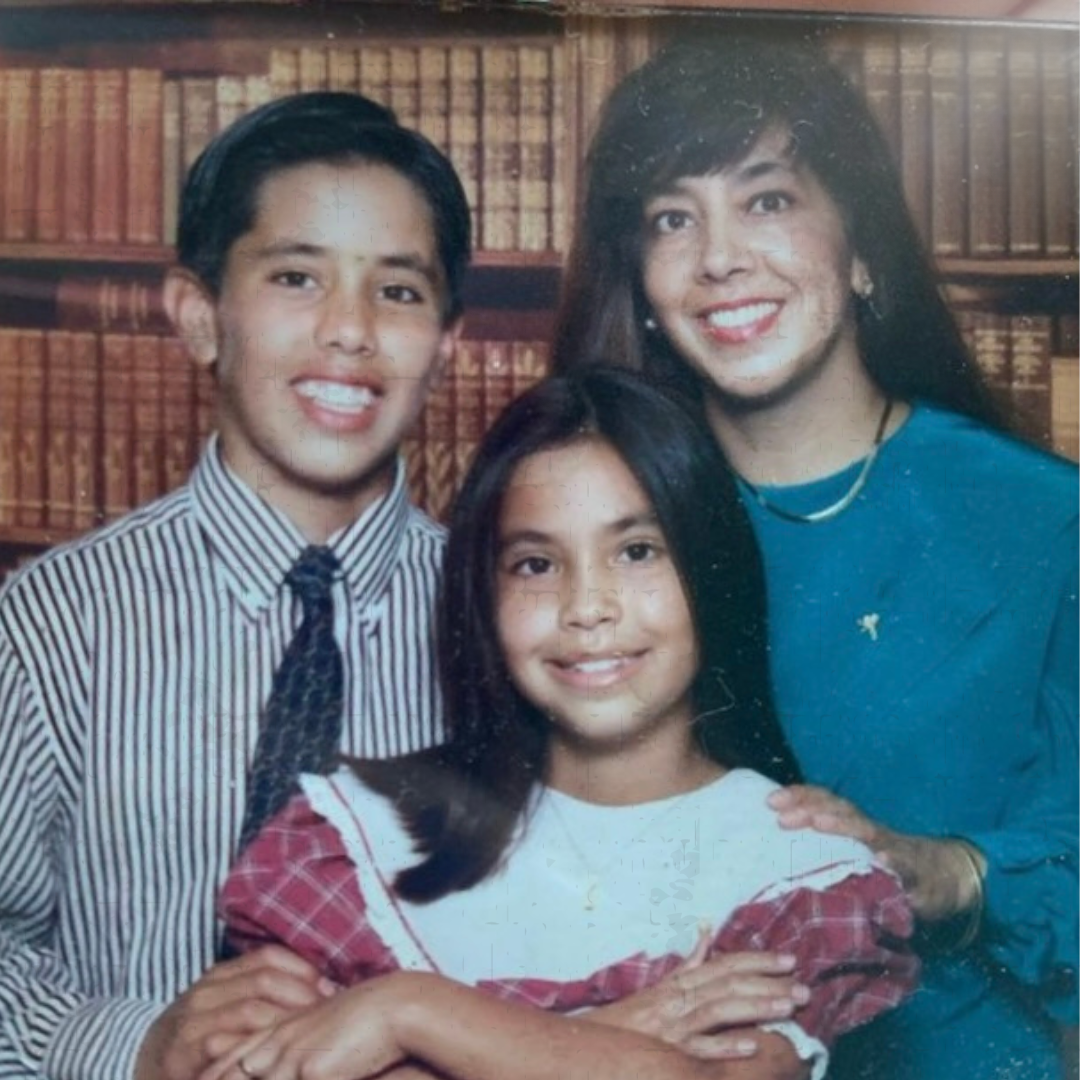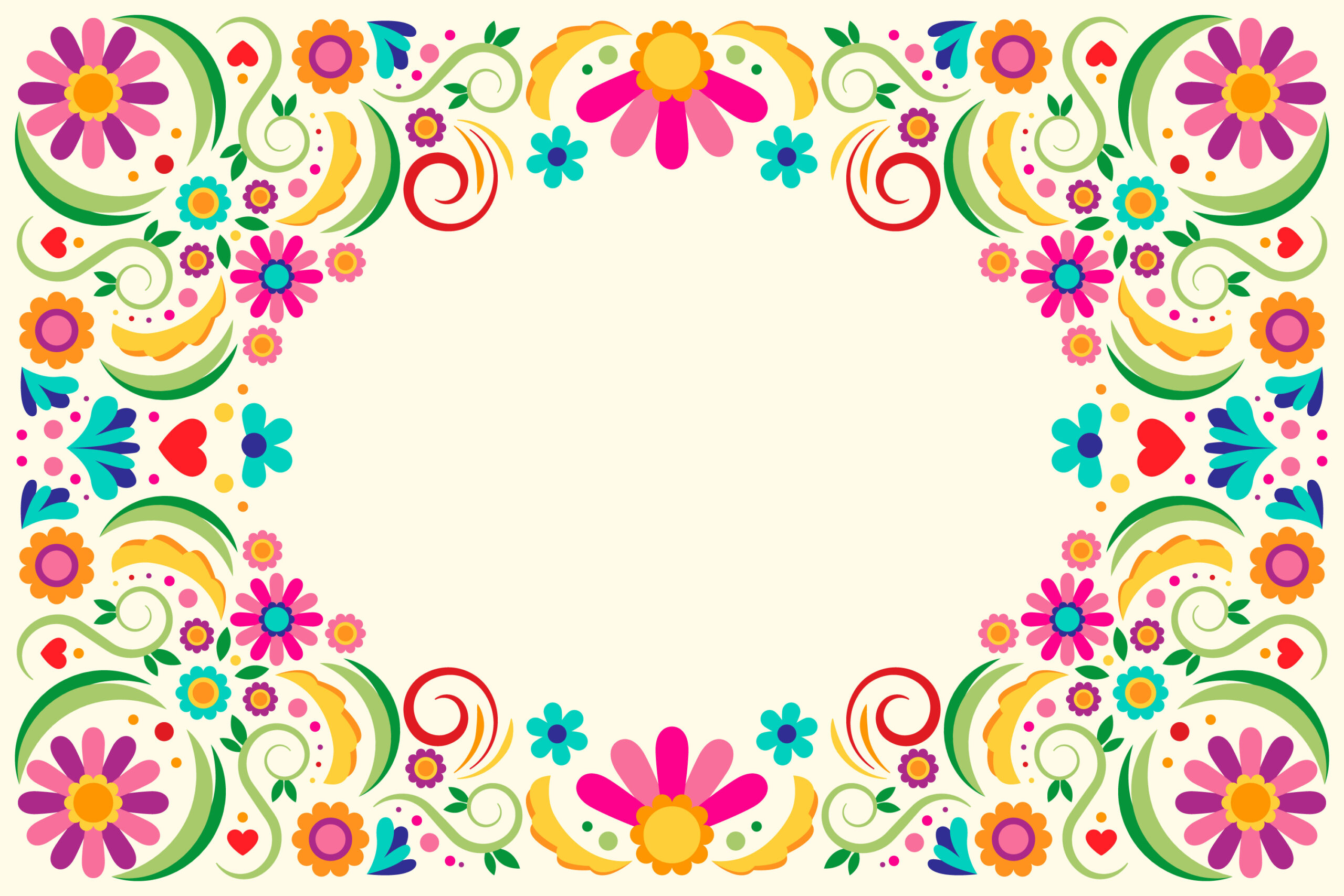Cristina Rodriguez

I was born third in a family of eleven children in Recetor, a tiny town located in Colombia in a region privileged with majestic rivers and mountains.
Corruption and violence made my home country a supremely difficult place to live in. I emigrated in search of a better life for myself and my two children. This hope came at the cost of leaving behind the most cherished; my family, friends, and the essence of my country with its regions, flavors, smells, and musical rhythms. Gabriel Garcia Marquez, our Colombian Literature Nobel prize winner, defined that loss and yearning as ‘the nostalgia for the smell of guayaba.’
In the early 90’s, American companies were recruiting medical personnel from other countries. I was chosen and immigrated to the United States with my Physical Therapist diploma in my suitcase. My first experience living in this country was both hopeful, but also difficult. I first had to come on my own, leaving my children behind. Those were some of the longest months of my life as my children were little, and my heart broke not being able to be with them every day. Hope came around Christmas when their father brought them to me. My daughter remembers this as one of her most special memories when we reunited at last at the home I had set up for them. 
I experienced a lot of freedom being in this new country, but a lot of hardship also came. When my working visa expired, I realized going back meant going back to a country where my children would suffer. So I decided to stay in the US, undocumented as a single mother. I could no longer work as a professional, so I hung up my degree, pulled up my sleeves and worked in whatever job I could get in order to take care of my children. Living as an undocumented immigrant was painful, a constant worry looming over me, but with determination and God by my side, a way was always made. I found a way to be able to study at a community college which helped me be more prepared to work in other areas.
Thriving for the three of us meant obtaining a green card and citizenship, a transformative shift that granted us permission to work and travel. After more than two decades, I was finally able to see my family again, which brought tears of joy. My grown children are my most precious gifts.They earned university degrees through hard work, fulfilling a dream I held for them. They’ve established homes with wonderful partners, and I now enjoy my retired days with my bilingual two-year-old granddaughter. I am grateful for all the wonderful humans I met along the way whose kindness blessed us beyond measure, and I appreciate giving back and volunteering with homeless communities.
Choosing the word abundance reflects the wealth of love that fosters empathy, respect, tolerance, and compassion. My hope extends to the hearts of government officials, urging policies that reflect abundance in humanity. In the end, we are all striving to provide for our families, transcending borders and cultures, as all parents share the same love for their children, seeking the opportunity to give them a better life.

